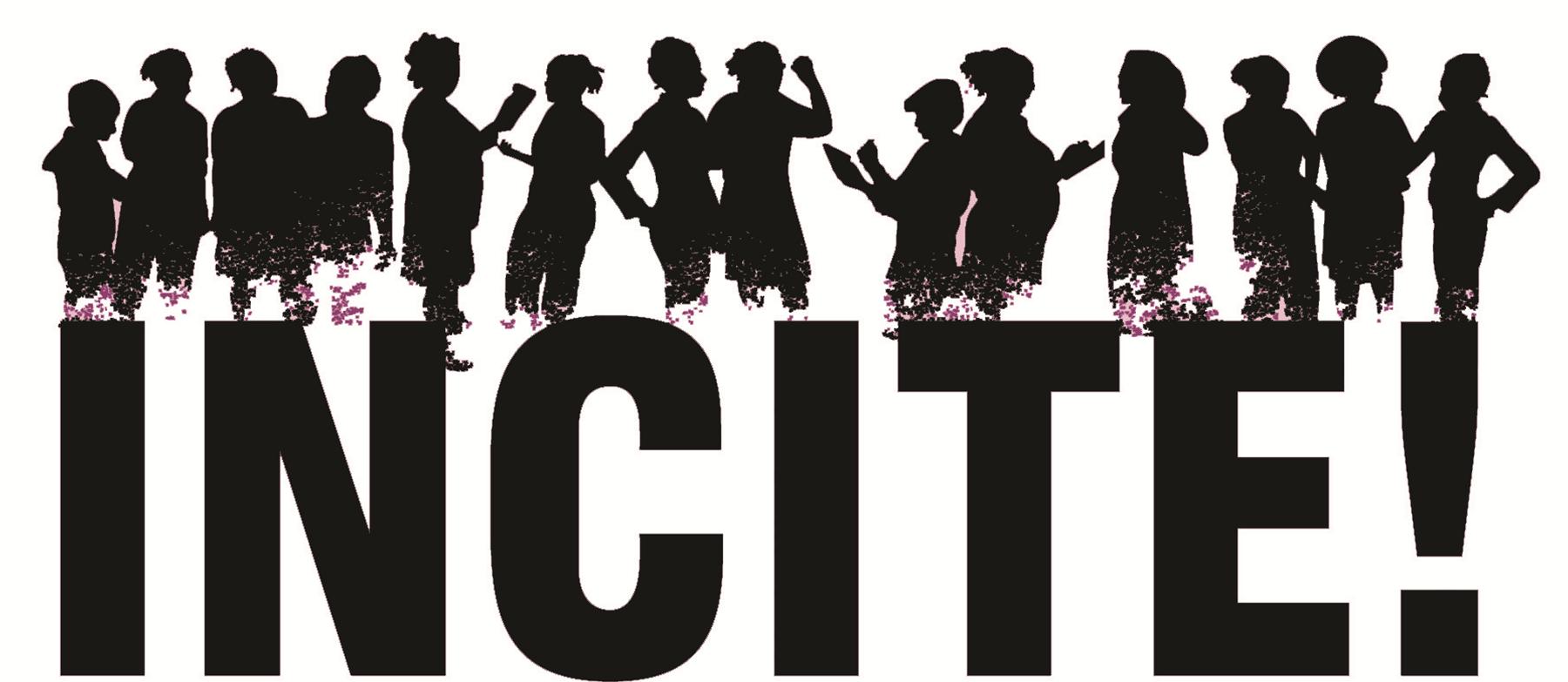In April, the movement for social justice lost two extraordinary community organizers, Dorothy Height & Wilma Mankiller. We honor these women for their profound bravery, strategic vision, and wise leadership.

Wilma Mankiller
Wilma Mankiller (1945-2010) was the first female principal chief of the Cherokee Nation, and served as chief 1985-1995. Her legacy includes advances in critical economic, health, housing, and education initiatives, greatly expanded services for children and youth, and fierce advocacy for women’s rights. Under her leadership, Cherokee tribe enrollment tripled.
Here is a video of Wilma Mankiller discussing the relationship between “revolutionary thinking” and choosing the right political leaders.
To learn more about Wilma Mankiller and her reflections on her rich political life, including her involvement in the Native American reclamation of Alcatraz, her experiences with disability, and her thoughts on sovereignty and gender justice, please visit her website, check out her books, or listen to this interview from Voices of Oklahoma (transcript here).

Dorothy Height
Dorothy Height (1912-2010) was a key civil rights activist who organized for racial and gender justice since the 1940s. She served as President of the National Council of Negro Women for forty years where she advocated for the rights of women and black people. During the 1960s, she mobilized women in the civil rights movement, in 1971 she helped found the National Women’s Political Caucus, and in the 1970s she helped produce a report on the protection of human subjects of biomedical and behavioral research, a response to the abusive Tuskegee Syphilis experiments. In the last months of her life she took part in health care discussions at the White House.
In this video, Height highlights the importance of understanding the institutionalization of racism and the role of law and community organizing in the fight for racial justice.
To learn more about Dorothy Height and her advocacy for black women during the New Deal, her leadership in the Civil Rights Movement, and her later experiences in social justice work, please visit the National Visionary Leadership Project which features more video of interviews, the documentary, Legacy: Black and White in America, and a discussion of her life and work on Democracy Now.














Recent Comments